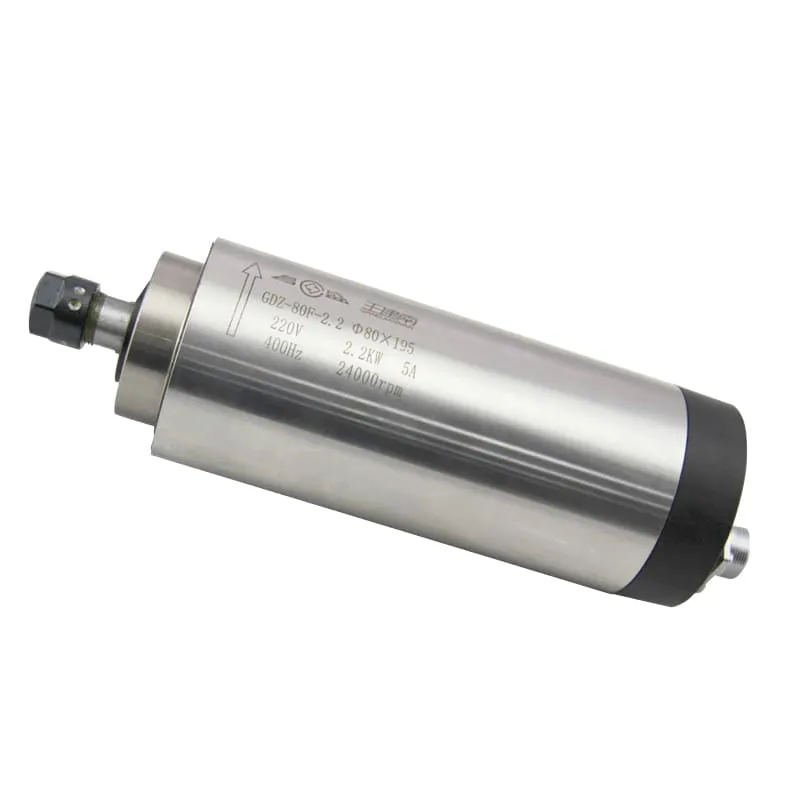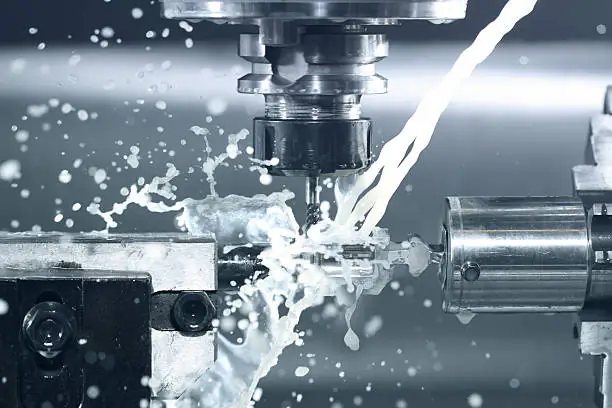Can You Use Regular Router Bits in a CNC Machine?
While it’s technically possible to use regular router bits in some CNC machines, it’s generally not recommended due to significant differences in design, operation, and safety considerations. This comprehensive guide will explore the compatibility of regular router bits with CNC machines, highlighting important factors to consider.
Understanding Router Bits and CNC Cutting Tools
Before delving into compatibility, it’s crucial to understand the differences between regular router bits and CNC cutting tools:
Regular Router Bits
- Designed for handheld or table-mounted routers
- Usually have a 1/4″ or 1/2″ shank
- Flute designs optimized for manual feed rates
- Run at lower speeds compared to CNC operations
CNC Cutting Tools
- Designed for computer-controlled machines
- Often have a smaller shank diameter
- May have different flute designs for chip evacuation
- Typically run at higher speeds

A CNC machine typically uses specialized cutting tools
Factors to Consider
1. Shank Size
Most CNC machines, especially CNC mills, use collets designed for smaller tool shanks (e.g., 1/8″, 3/16″, or metric equivalents). Regular router bits may not fit these collets.
2. Speed Ratings
CNC machines like those using a 2.2KW ER20 Air-Cooled Spindle often operate at much higher speeds than handheld routers. Regular router bits may not be designed to run safely at these higher speeds.
3. Chip Evacuation
CNC cutting tools are designed for the consistent feed rates and chip evacuation of CNC machines. Regular router bits may not perform well under these conditions.
4. Cutting Geometry
The cutting geometry of regular router bits is optimized for manual routing conditions and may not produce good results in a CNC machine.
5. Material Considerations
CNC machines often work with a wider range of materials, including metals. Regular router bits are typically designed for wood and plastics.
When Regular Router Bits Might Work in a CNC Machine
In some cases, you might be able to use regular router bits in a CNC machine:
- If using a CNC router specifically designed to accept regular router bits
- For light-duty operations within the bit’s speed range
- When working with materials similar to those used in manual routing (e.g., wood, soft plastics)
Best Practices for CNC Cutting Tool Selection
- Use tools specifically designed for CNC operations
- Match the shank size to your machine’s collet system
- Adhere to the manufacturer’s recommended speed ranges
- Consider the material you’re cutting when selecting tools
Alternatives to Using Regular Router Bits in CNC Machines
- Invest in a set of CNC-specific cutting tools
- Use end mills, which are more commonly used in CNC milling
- Consider a CNC router designed to accept regular router bits if you have a large collection of them
Comparing Router Bits and CNC Cutting Tools
| Aspect | Regular Router Bits | CNC Cutting Tools |
|---|---|---|
| Shank Size | Typically 1/4″ or 1/2″ | Various, often smaller |
| Speed Rating | Lower | Higher |
| Flute Design | For manual feed rates | For consistent CNC feed rates |
| Material Compatibility | Primarily wood and plastics | Wide range, including metals |
| Cost | Generally less expensive | More expensive |
| Precision | Good for manual work | Designed for high-precision CNC work |
FAQ
1. Can I use any regular router bit in my CNC machine?
It’s not recommended. Most CNC machines require tools designed specifically for CNC operations.
2. What’s the main difference between router bits and CNC cutting tools?
CNC cutting tools are designed for higher speeds, have different flute geometries, and often have smaller shank sizes compared to regular router bits.
3. Are there any CNC machines that can use regular router bits?
Some CNC routers are designed to accept regular router bits, but this is not common in CNC mills or industrial CNC machines.
4. Can I modify a regular router bit to work in my CNC machine?
Modifying tools is not recommended as it can compromise the tool’s integrity and safety.
5. What should I do if I want to use my existing router bits in CNC work?
Consider investing in a CNC router specifically designed to use regular router bits, or gradually replace your collection with CNC-compatible tools.
6. Are there universal bits that work in both regular routers and CNC machines?
Some manufacturers produce bits designed for both manual and CNC use, but these are specific products and not all bits are universal.
Conclusion
While it’s technically possible to use regular router bits in some CNC machines under certain circumstances, it’s generally not recommended due to safety concerns and performance issues. The differences in design, operation, and intended use between regular router bits and CNC cutting tools are significant enough that they should typically not be interchanged.
For the best results and safest operation, it’s crucial to use cutting tools specifically designed for your type of CNC machine. If you find yourself frequently needing the capabilities of both regular router bits and CNC cutting tools, consider investing in separate tools for each purpose or exploring CNC routers designed to accept regular router bits.
Remember, the key to successful and safe CNC machining lies in using the right tool for the job. While it might be tempting to try to make do with what you have, using the correct, purpose-designed cutting tools will ultimately lead to better results, improved safety, and a more efficient machining process.
As CNC technology becomes more accessible, many woodworkers and makers are finding that having both traditional routing capabilities and CNC precision in their workshops opens up new possibilities for creativity and craftsmanship. Whether you choose to stick with traditional routing or explore the world of CNC, understanding the tools and their proper use is essential for achieving the best outcomes in your projects.
Ultimately, the decision to use regular router bits in a CNC machine should be based on a careful consideration of your specific machine, the work you’re doing, and the materials you’re cutting. When in doubt, always consult your machine’s manual and err on the side of caution by using tools specifically designed for CNC operations.

